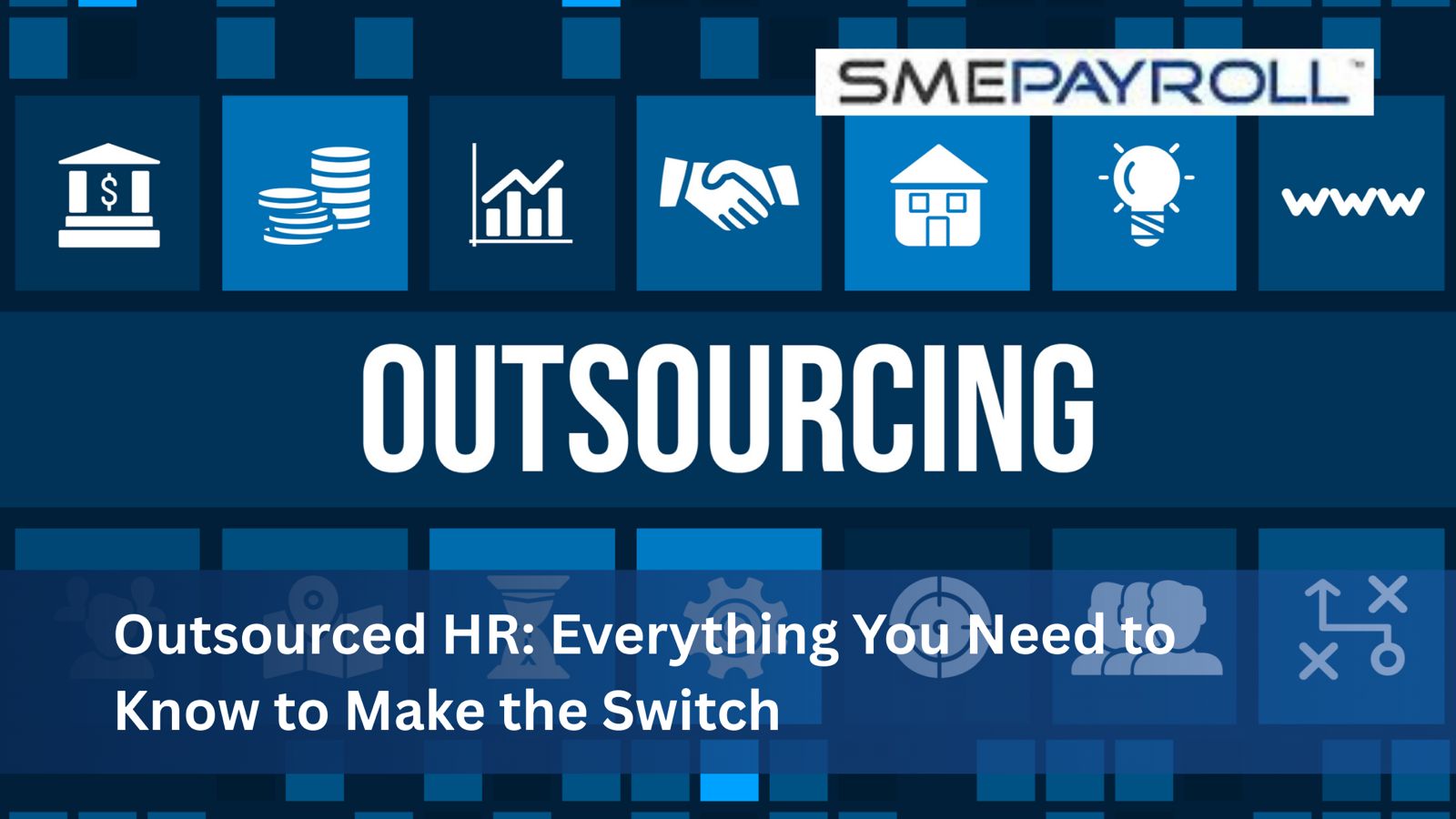In the competitive business landscape, attracting and retaining top talent has become a strategic imperative. Organizations are increasingly realizing the crucial role of HRMS (Human Resource Management System) in talent acquisition and retention. This article explores the impact of HRMS on modern talent management strategies, from attracting the right candidates to nurturing their growth and retaining them within the organization.
Table of Contents
The Dynamics of Talent Acquisition and Retention
The Challenge of Finding the Right Talent
The search for skilled and culturally fit candidates is a daunting task for recruiters. Organizations strive to identify candidates whose skills align with their needs and values.
The Importance of Retention
Once the right talent is acquired, retaining them becomes paramount. High turnover rates can hinder productivity and incur recruitment costs.
Leveraging HRMS for Talent Acquisition
Crafting Compelling Job Descriptions
HRMS assists in creating accurate and enticing job descriptions that attract suitable candidates.
Streamlining Application and Screening
Advanced HRMS platforms automate the application and screening processes, saving time and ensuring consistency.
Enhancing Candidate Experience
HRMS tools provide a seamless and user-friendly experience for candidates, leaving a positive impression.
Leveraging Data Analytics
HRMS enables data-driven decision-making, helping recruiters identify the most effective sourcing channels.
The Role of HRMS in Talent Onboarding
Structured Onboarding Processes
HRMS facilitates structured onboarding programs that ensure new hires understand their roles and responsibilities.
Personalized Training
HRMS tailors training programs based on individual strengths, weaknesses, and learning preferences.
Continuous Feedback
HRMS platforms enable managers to provide real-time feedback to new hires, aiding their growth and integration.
Strategies for Talent Retention with HRMS
Career Development Paths
HRMS offers tools to map out clear career trajectories, motivating employees to stay and grow within the organization.
Performance Tracking and Recognition
HRMS enables managers to monitor performance, identify top performers, and provide timely recognition.
Employee Engagement Initiatives
HRMS assists in designing and implementing engagement strategies, fostering a positive work environment.
Benefits of Using HRMS for Talent Management
Comprehensive Data Management
HRMS centralizes employee information, making it easier to track performance, skills, and career aspirations.
Improved Hiring Decisions
Data analytics provided by HRMS help organizations make informed hiring decisions based on past success indicators.
Enhanced Employee Experience
HRMS tools enhance the overall employee experience, from recruitment to growth and development.
SME Payroll’s HRMS & Payroll Solution for SMEs: A Game-Changer
Small and Medium-sized Enterprises (SMEs) often face unique challenges in talent management due to limited resources. That’s where SME Payroll’s HRMS & Payroll Solution comes in as a valuable ally. This comprehensive solution is tailored to the needs of SMEs, providing them with the tools to streamline their talent acquisition and retention efforts.
Customized Features for SMEs
SME Payroll’s HRMS & Payroll Solution offers features that are specifically designed to meet the requirements of small and medium-sized businesses. From simplified job posting to targeted candidate searches, the solution ensures that SMEs can attract the right talent effectively.
Seamless Onboarding and Training
The onboarding process is critical for new hires to understand their roles and expectations. SME Payroll’s solution streamlines this process, ensuring that new employees feel welcomed and ready to contribute from day one. Additionally, the training features are designed to cater to individual learning preferences, enhancing the overall training experience.
Performance Tracking Made Easy
SMEs can benefit from the solution’s performance tracking tools, allowing managers to monitor employee progress and provide timely feedback. This aids in identifying top performers and recognizing their contributions, fostering a culture of excellence.
Nurturing Employee Engagement
Engaged employees are more likely to stay with an organization. SME Payroll’s solution includes features that enable SMEs to create and implement effective employee engagement strategies, leading to improved satisfaction and retention rates.
The Future of Talent Management: HRMS Integration
AI-Powered Recruitment
AI integrated into HRMS assists in identifying potential candidates by analyzing resumes and social media profiles.
Predictive Analytics for Retention
HRMS with predictive analytics can anticipate retention risks and suggest strategies to mitigate them.
Remote Work Adaptation
HRMS platforms adapt to remote work dynamics, providing a seamless onboarding and engagement experience.
Conclusion
In the ever-evolving landscape of talent management, HRMS has emerged as a powerful tool for organizations to attract, onboard, and retain top talent. From crafting compelling job descriptions to providing personalized training and enhancing the employee experience, HRMS streamlines the entire talent management process. As technology continues to advance, HRMS integration with AI and predictive analytics promises to reshape the future of talent acquisition and retention. Organizations that harness the capabilities of HRMS are better positioned to navigate the challenges of talent management, ensuring sustained growth and success in a competitive business environment.
FAQs
Ques 1. How does HRMS enhance talent acquisition?
Ans 1. HRMS streamlines recruitment processes, from creating compelling job descriptions to automating application screening.
Ques 2. What is the role of HRMS in onboarding?
Ans 2. HRMS facilitates structured onboarding, personalized training, and continuous feedback for new hires.
Ques 3. How can HRMS aid in talent retention?
Ans 3. HRMS enables career development planning, performance tracking, and employee engagement initiatives.
Ques 4. What are the benefits of using HRMS for talent management?
Ans 4. HRMS offers comprehensive data management, improved hiring decisions, and enhanced employee experiences.
Ques 5. How does AI integration shape the future of talent management?
Ans 5. AI-powered recruitment and predictive analytics enhance talent acquisition and retention strategies.






















Leave feedback about this